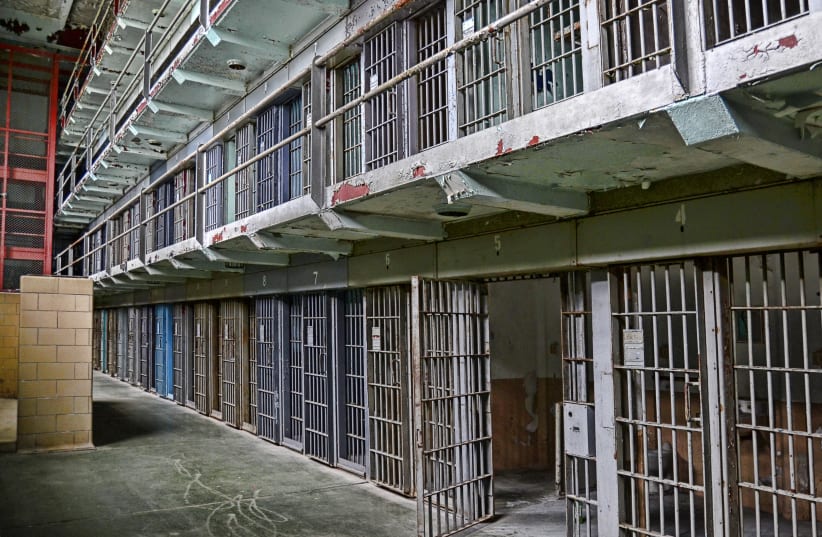The Islamic Republic of Iran has freed imprisoned Iranian Jew Mashallah Pesar Kohan, who was detained in 2017 for visiting his family members in Israel.George Haroonian, a prominent Iranian Jewish American, announced Sunday on social media that “Mashallah Pesar Kohan, a Jewish citizen, was released from prison in greater Tehran.”Karmel Melamed, an Iranian-American journalist and activist for religious minorities in Iran, told The Jerusalem Post that the case of Kohan shows that the “Jews of Iran do not live in peace. They fear for their lives.“He was imprisoned for visiting his elderly parents in Israel,” he continued. “What kind of crime is that? What kind of ‘love’ and ‘tolerance’ is that for the Jews of Iran?”Iran’s regime sentenced Kohan to three years in prison for visiting Israel, though he was issued a conditional release in September. According to the Alliance for Rights of All Minorities (ARAM), Kohan “has been denied legal representation and medical care since his arrest.”The Human Rights Activists News Agency reported in Persian that Kohan wrote a letter in February describing his imprisonment:“I am a lonely and sad Jew,” he wrote, adding that “My hair and beard are white and I suffer from gastrointestinal diseases. My teeth are broken and I can’t eat here. I was arrested while I was in the bathroom without warning, and I was tortured and interrogated with my hands and eyes closed. After two days, I was taken to prison with handcuffs and blindfolds.”Mashallah Pasar Kohen and his family said they "deny the allegations by Karmel Melamed. There have been no instances of abuse or denial of rights. Mr. Kohan has had access to medical care and lawyers as needed. Mr. Kohan is outraged by the false allegation of Western media and asserts the government had afforded him kindness and fair trial during the process."
